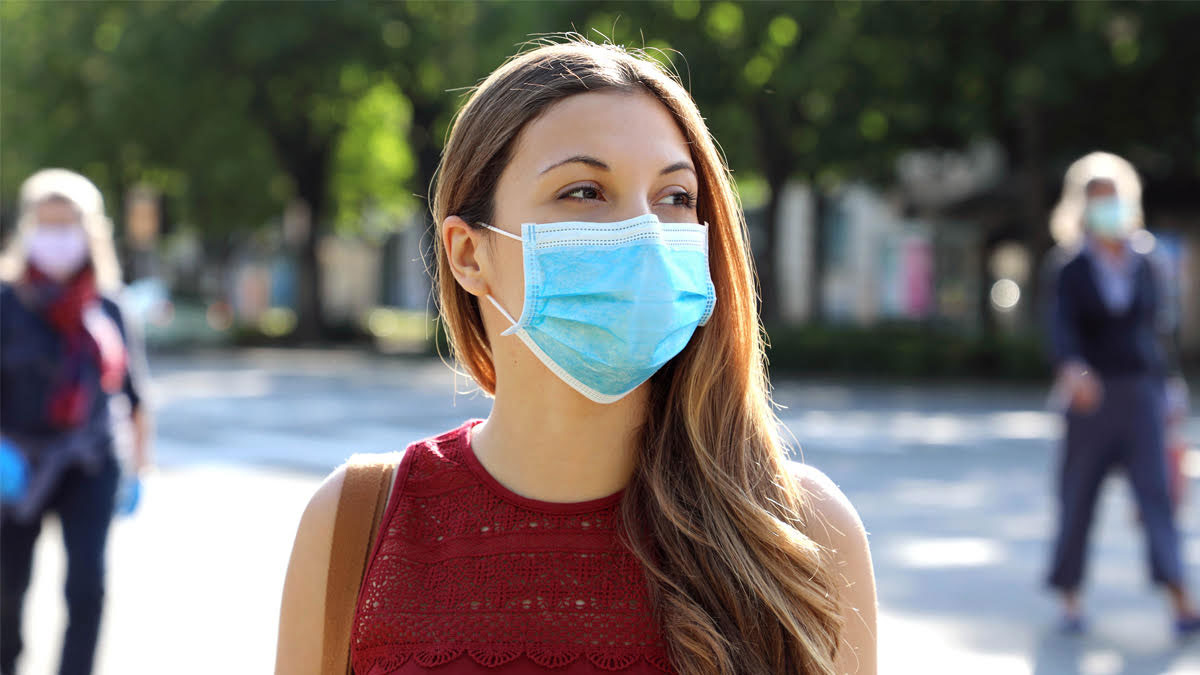This isn’t news: Wash your hands. Social distance. Wear a mask. We’re all weary of hearing about all of this. But the longer it takes for everyone to follow the guidelines, the longer it’s going to take to get back to “normal” – to our jobs, our schools, our friends and to a sounder mental state.
It’s on us. The role of health care providers is to help save those who are sick, but it’s up to individuals to do their part to slow the spread of COVID-19.
And that’s exactly what Slow the Spread SC emphasizes. Dedicated to the community and with no agenda, South Carolina Blue Cross Blue Shield, the South Carolina Hospital Association and the South Carolina Medical Association have partnered to slow the spread and share the facts.
“There’s so much misinformation coming out that masks are harmful or that social distancing doesn’t work. We’re not trying to cast dispersions on anybody. People believe what they believe,” said Dr. Shawn Stinson, senior vice president of healthcare innovation and improvement at BlueCross. “But we’re here to be a trusted source. All three parties have partnered together to provide credibly sourced facts, to say, ‘Here’s the lens we’re looking through,’ and to back it up.”
“I think a lot of people feel somewhat helpless and challenged,” said Patti Embry-Tautenhan, assistant vice president of corporate relations at BlueCross. “Our message is straightforward and says to everyone, ‘You can make a difference.’”
While wearing a mask won’t end the pandemic tomorrow, Dr. Stinson explained that the simple action will help prevent health care systems from getting overwhelmed and buy time until a vaccine is developed. We see how COVID-19 impacts South Carolina every day. We may not be personally affected by the virus or know someone who has been, but the coronavirus touches every facet of our lives: physical and mental health, education, socialization, the economy and more.
Do masks help? Does social distancing work? Slow the Spread’s website offers facts from the Centers for Disease Control and Prevention and other credible sources. According to the Slow the Spread website, “widespread use of face masks can reduce community transmission to a more manageable level that won’t overwhelm hospitals. Routine use of masks, along with social distancing, can offer a way to reopen the economy and help keep it open.”
What if you can’t wear a mask? Then it’s best not to put yourself in a position where you really need one, such as in large groups.
“People gathering in large groups is probably the biggest concern,” said Dr. Stinson. “Going to bars is the highest risk. Distance yourself as much as possible. Maintain that 6-foot base. Wear a mask. And wash your hands. Early on, that was a big focus but it’s become less emphasized.”
It sounds so easy, so why are so many people having trouble following the guidelines? Because we’re social creatures and this is all counterintuitive to our nature, Dr. Stinson suggested. It’s worn on us, created collective anxiety and, in many cases, it’s caused depression.
“But in South Carolina, we found ourselves as world famous: fourth in the world, per population, for COVID-19 cases [as of press time]. It’s not the reason we want to be known, and it puts us in a difficult position,” said Dr. Stinson. “The fact that everything is so open-ended is hard. Now more than 1,000 of our neighbors didn’t get through this and that number is rising every day.”
While long-term solutions to COVID-19 include a vaccine and herd immunity – where 60% of the population becomes immunized to the virus and infections become easier to control – the short-term solution starts small. … with masks. With social distancing. With you. Do your part to help slow the spread.
For more information, visit slowthespreadsc.com or follow the hashtag, #SlowtheSpreadSC.
By Teri Errico Griffis

